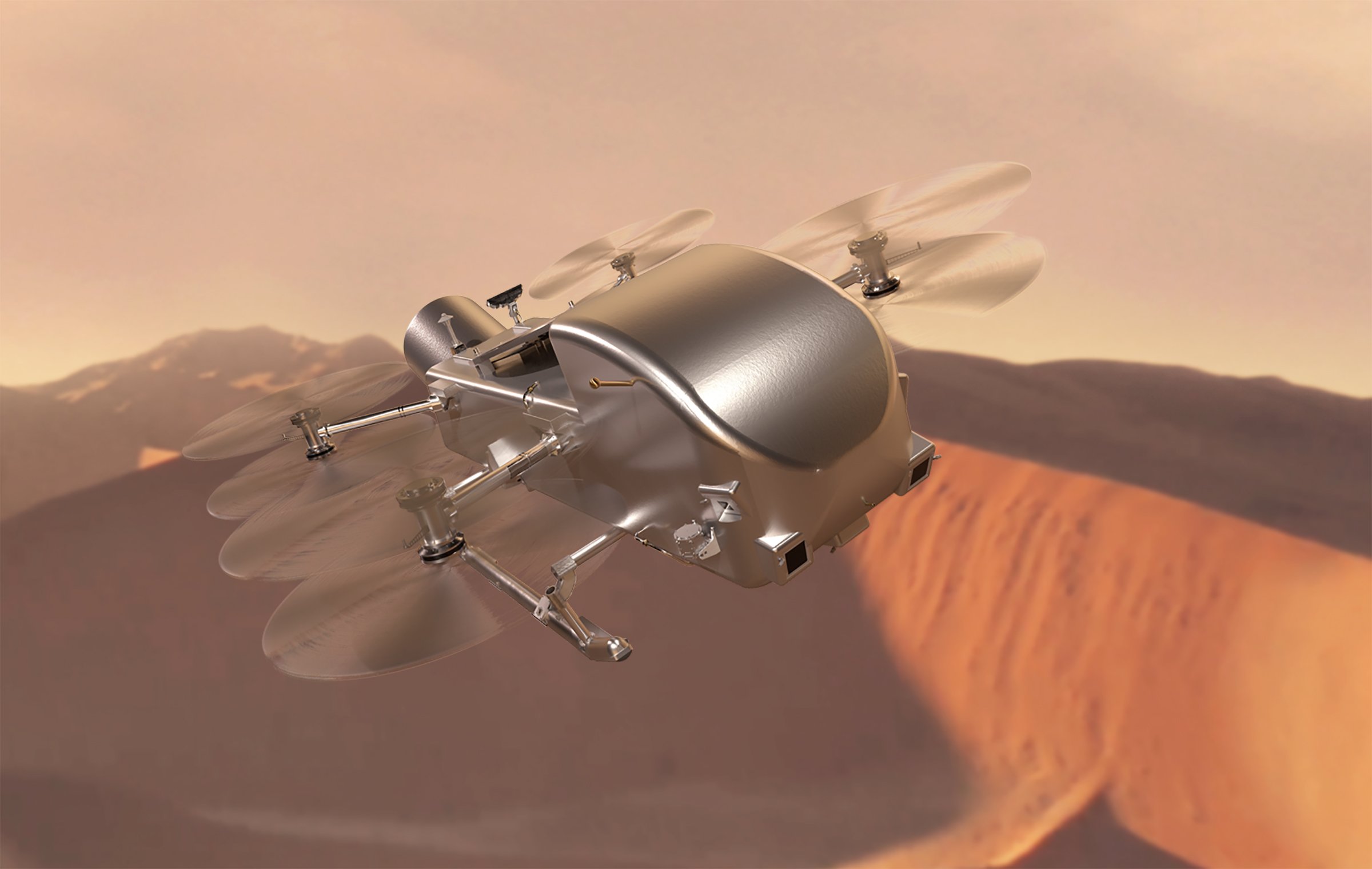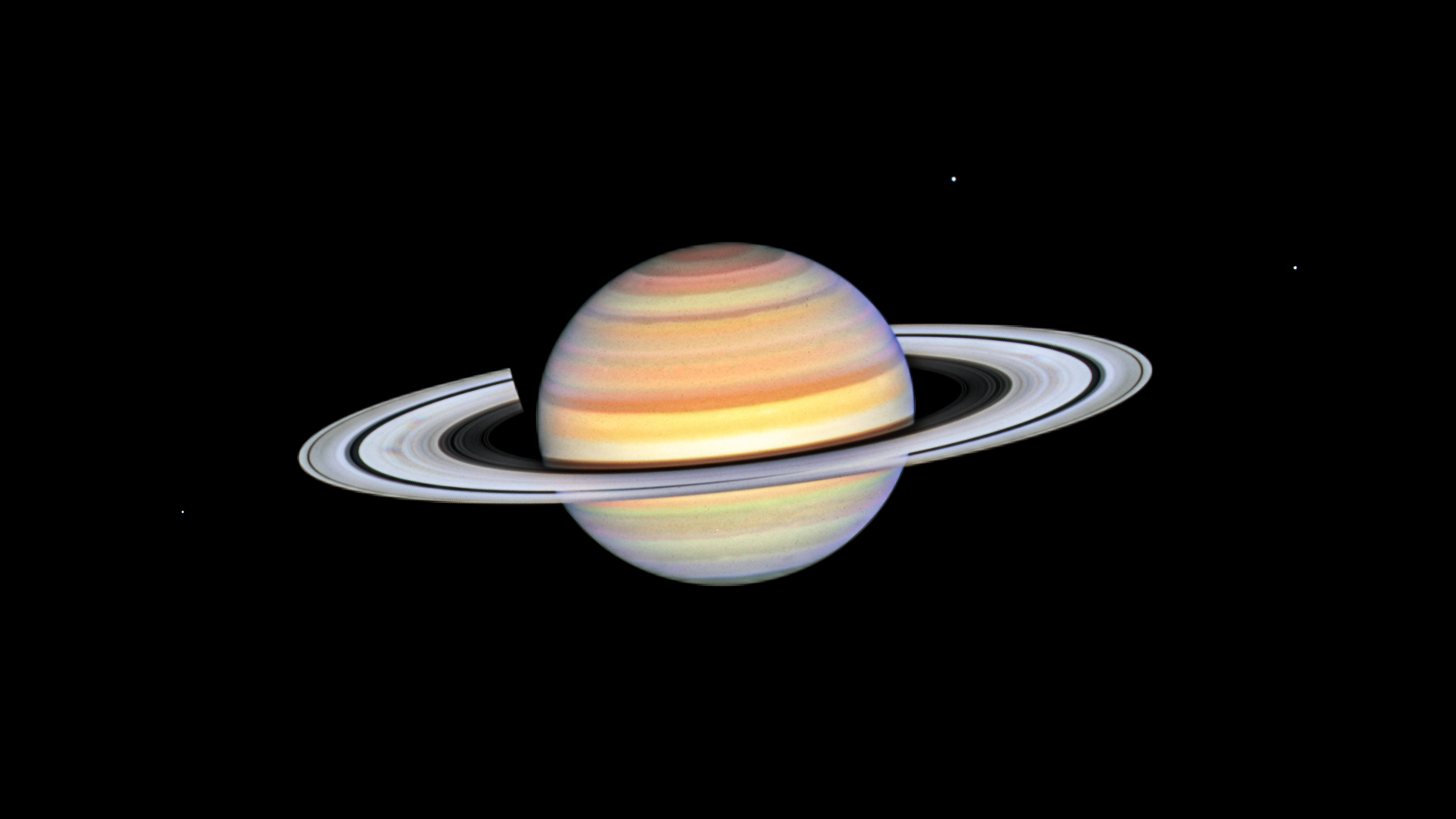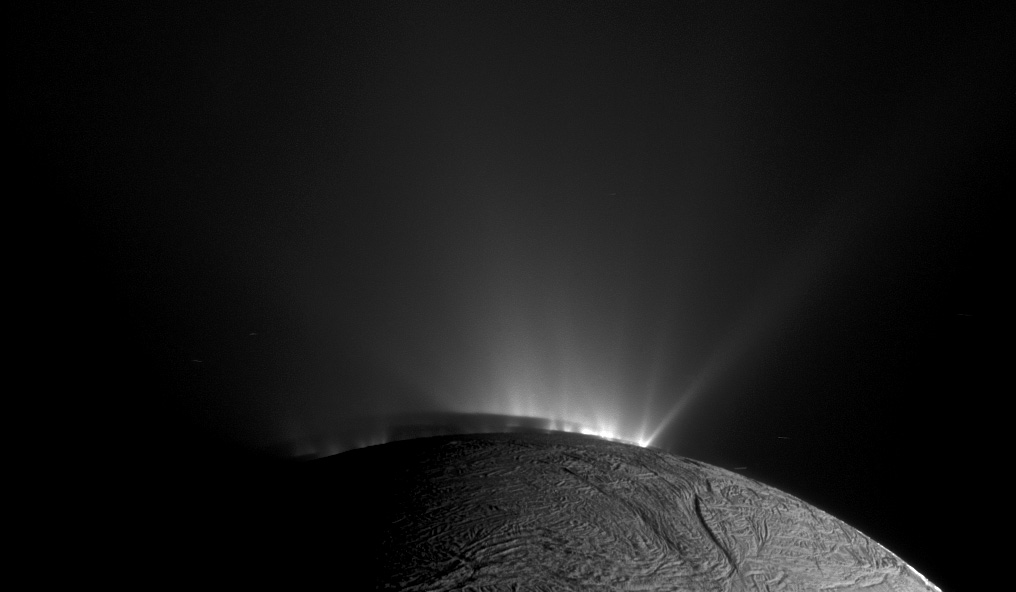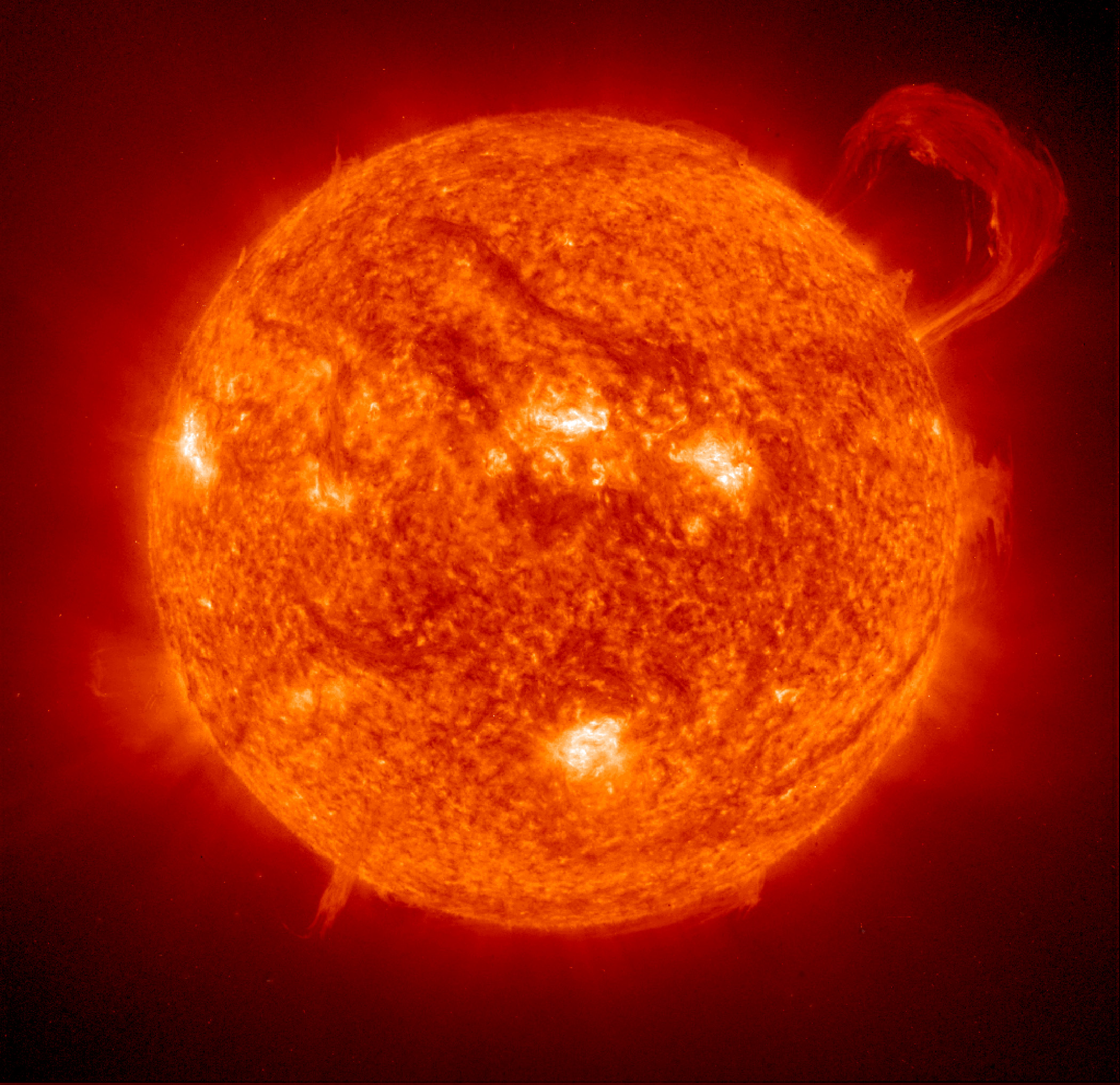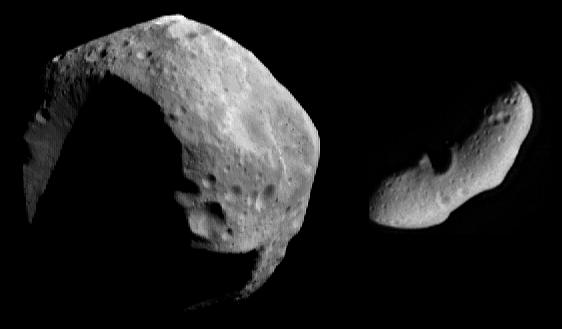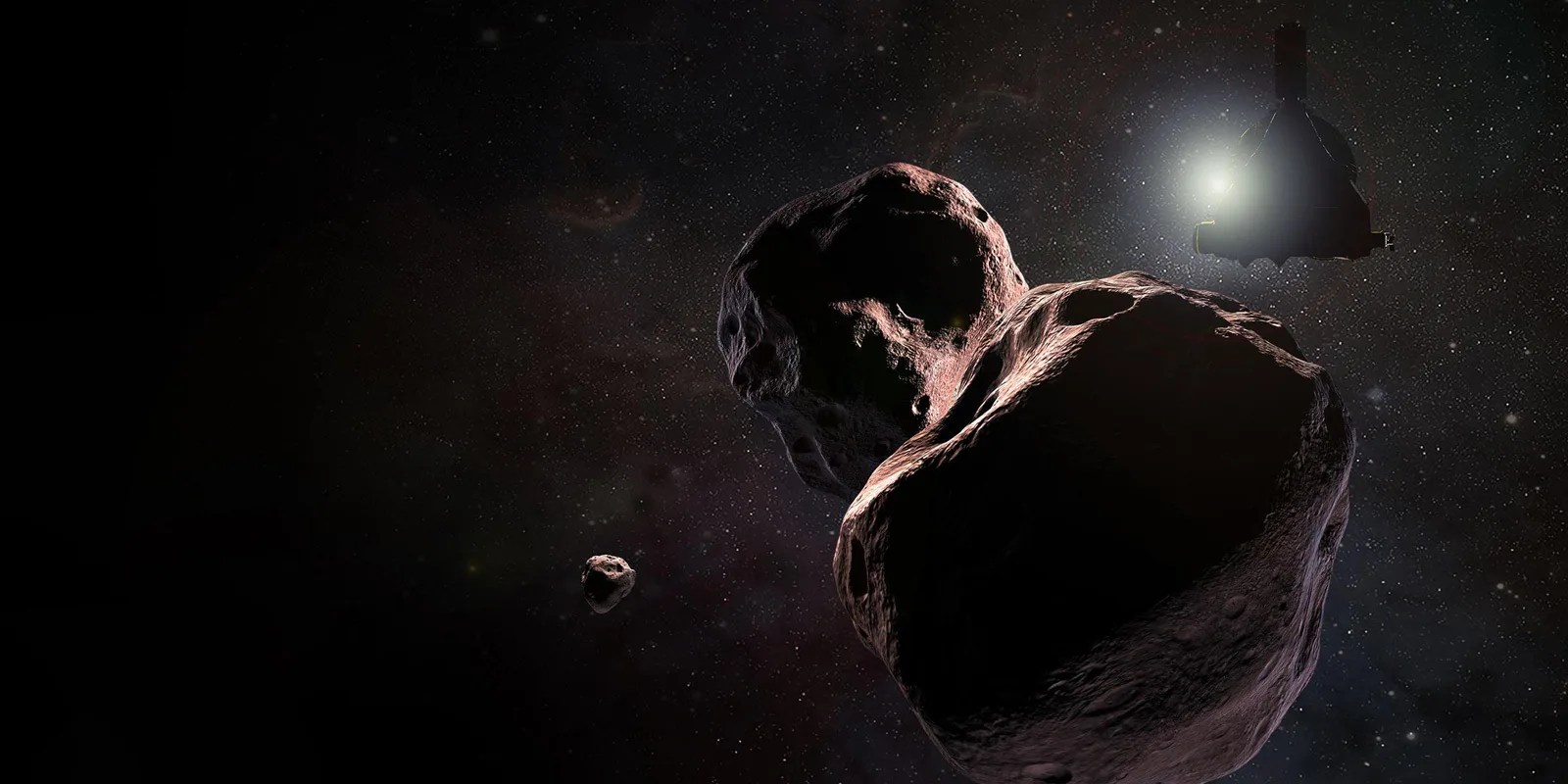3 min read
Cassini Significant Event Report
For Week Ending 03/03/00
The most recent spacecraft telemetry data was acquired from the Goldstone
tracking station on Monday, 02/28. The Cassini spacecraft is in an
excellent state of health and is operating normally. The speed of the spacecraft can be viewed on the "Where is Cassini Now?" web page.
Development leads met for the first of two meetings to review and
coordinate in-progress plans for development in support of science planning
for Tour. Planned capabilities and user needs, drivers, schedule,
dependencies, and risk areas were covered. Much of the discussion and
follow-up actions focused on discrepancies between science planning
expectations and planned capability deliveries for tools (chiefly Science
Opportunity Analyzer (SOA) and Cassini Information Management System
(CIMS)), identification of optical navigation windows, need for an
instrument flight rule scrub, and need for science prioritization of
requirements on SOA.
Deliveries were made of the MSS D7.0 ground software set to be installed on
the SUN platforms, including the Pointing Design Tool (PDT) that the
science teams need to develop science sequence events for Sequence C22.
Preliminary deliveries were also made of the Kinematic Predictor Tool
(KPT), Inertial Vector Propagation (IVP), the Predict Generation Tool
(PGT), and the UVIS and RPWS instrument flight software.
Cassini Outreach met with a Space Explorers Inc. representative last
Thursday to plan the teacher training institute for the Solar System
Educators. Cassini classroom lessons are well-represented in the overall
schedule of the institute. The institute will be held at JPL at the end of
March for about 25 Educators.
It was decided that the first wave of scientific papers resulting from the
flyby of Venus and the Earth will be published as a special collection in
the Journal of Geophysical Research (JGR) published by the American
Geophysical Union. Dennis Matson, Cassini Project Scientist, accepted the
publication invitation put forward by Michel Blanc, JGR European Editor,
who now will be responsible for overseeing the process of getting the
Cassini results into print.
All Remote Terminal Interface Unit (RTIU) hardware has been delivered and
development has started. This will lead to a standard interface for the
Remote Sites. Each instrument except Radio Science uses an RTIU in their
instrument test bed.
RTIUs are used in:
- sequence and subsequence generation and validation
- Instrument Expanded Block generation and validation
- instrument anomaly resolution
- instrument flight software development and testing
They will be used through end of mission.
An Orbiter Science Operations Working Team (OSOWT) telecon was held on
Friday, February 25, 2000 to continue to work on the science integration of
the Jupiter Subphase. This meeting focused on the period from -25d to +15d
from Jupiter closest approach.
The AACS FSW upload command files and procedures were successfully tested
in the ITL in system mode. Simulation data was broadcast through the
operations net, as this exercise also served as a final team rehearsal for
the uplink actvities beginning March 6.
Additional information about Cassini-Huygens is online at http://saturn.jpl.nasa.gov.
Cassini will begin orbiting Saturn on July 1, 2004, and release its piggybacked Huygens probe about six months later for descent through the thick atmosphere of the moon Titan. Cassini-Huygens is a cooperative mission of NASA, the European Space Agency and the Italian Space Agency. JPL, a division of the California Institute of Technology in Pasadena, manages the mission for NASA's Office of Space Science, Washington, D.C.
Media Relations Office
Jet Propulsion Laboratory
California Institute of
Technology
National Aeronautics and Space
Administration
Pasadena, Calif. 91109.
Telephone (818) 354-5011

